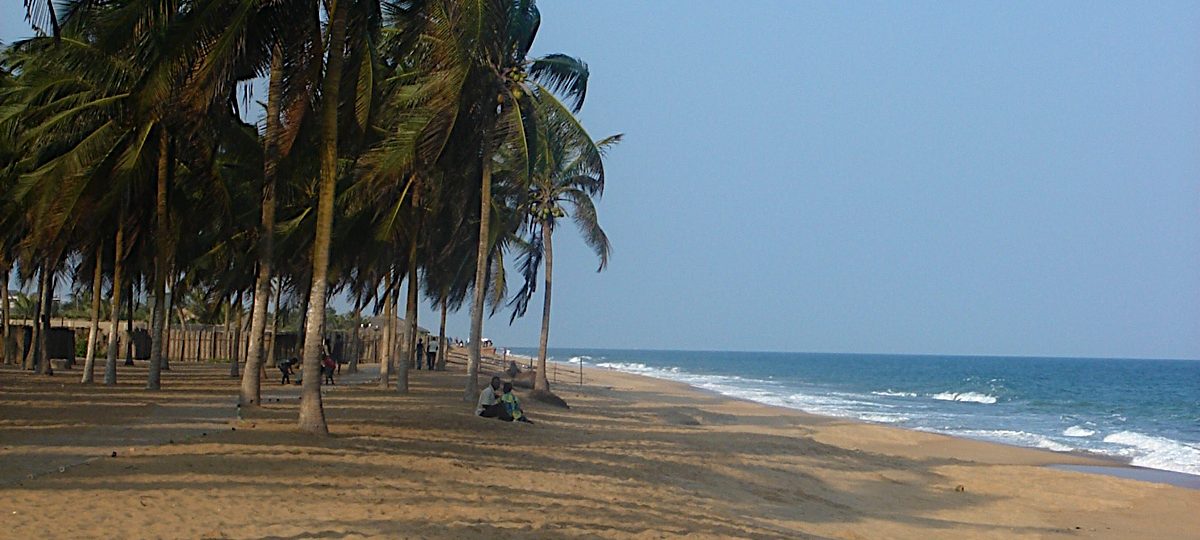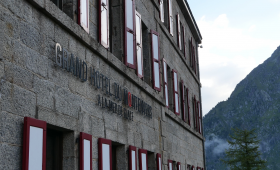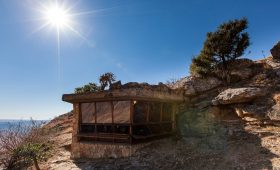Exploring Aneho, Togo: A Journey Through History and Culture
Historical Significance
Aneho, established in the late 17th century by the Ane people, holds a rich historical narrative. It briefly served as the capital of German Togoland from 1885 to 1887. The capital later moved to Lomé in 1897, partly due to coastal erosion affecting Aneho’s prominence. During the French occupation from 1914 to 1920, Aneho again became the capital. Today, visitors can explore remnants of its colonial past, including German architecture and the German Cemetery, which serves as a reminder of World War I.
Architectural and Cultural Landmarks
Aneho boasts significant buildings such as the Aneho Protestant Church, constructed in 1895, and the Aneho Peter and Paul Church, the cathedral of the Roman Catholic Diocese of Aneho, dating back to 1898. These sites are recognized on the UNESCO Tentative List, underscoring their cultural importance. The town is also a vibrant center for Voodoo practices, adding depth to its cultural landscape.
Natural Attractions
Aneho offers a blend of natural beauty, from its palm-lined beaches to nearby lush forests. The beaches provide a peaceful retreat, while the forests invite exploration. Hiking trails reveal waterfalls and opportunities to observe colorful bird species. However, the rainy season from April to October can make outdoor activities challenging, so plan accordingly.
Cultural Experiences
The town is a cultural hub for the Ewe people, known for their lively festivals and traditional crafts. Participating in a local festival allows you to experience traditional dances, music, and art firsthand. The local markets are filled with handcrafted souvenirs, perfect for bringing a piece of Aneho back home.
Best Time to Visit
The optimal time to visit Aneho is during the dry season, from November to March, when the weather is more predictable and suitable for outdoor activities. Temperatures typically range from 25 to 30 degrees Celsius. Always check the weather forecast before your trip to ensure a smooth experience.
Getting There and Local Transportation
Reaching Aneho is straightforward. Fly into Lomé-Tokoin International Airport, the nearest airport. From there, a taxi or shared minibus can transport you to Aneho. Once in town, “zemidjans,” or motorcycle taxis, are the most common and convenient way to navigate the area.
Summary of Facts
- Aneho was the capital of German Togoland from 1885 to 1887 and during the French occupation from 1914 to 1920.
- Notable landmarks include the Aneho Protestant Church and the Aneho Peter and Paul Church.
- The town is a center for Voodoo practices and Ewe cultural festivals.
- The best time to visit is during the dry season, from November to March.
- Lomé-Tokoin International Airport is the closest airport to Aneho.
- “Zemidjans” are the primary mode of local transportation.




